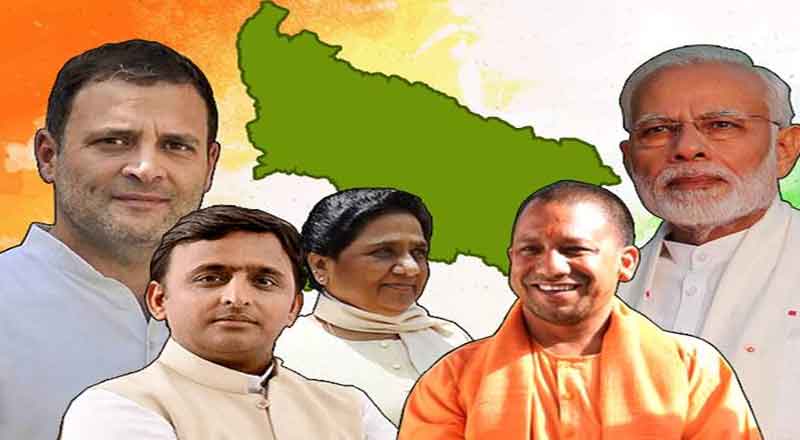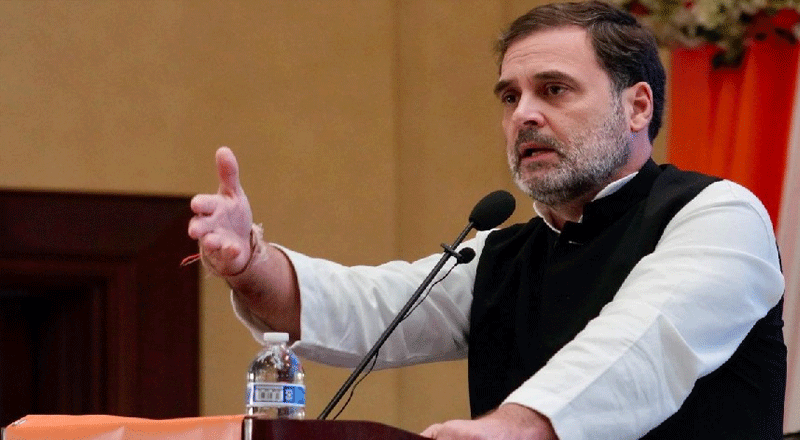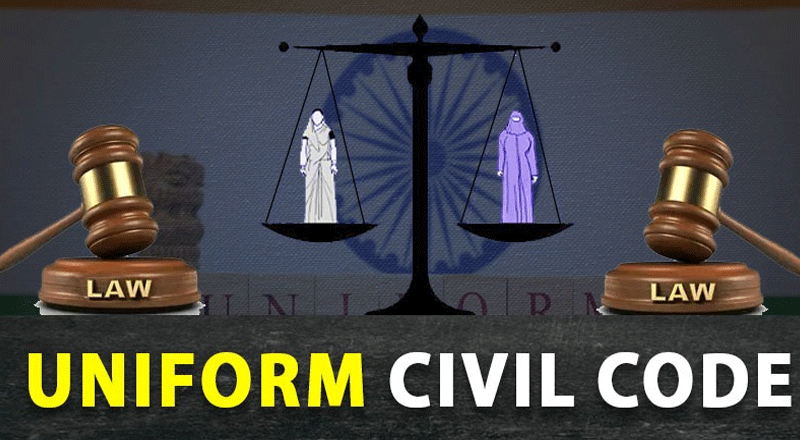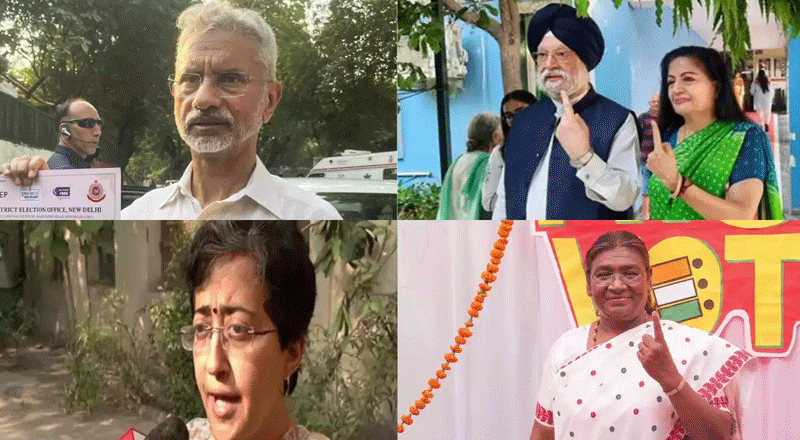On the birth anniversary of the socialist leader and dalit icon B R Ambedkar, the Kanshi Ram-founded Bahujan Samaj Party (BSP) will be forty years old. The regional-turned-national party which monopolised the Dalit vote and dominated the political discourse for much of the 1990s and 2000s in Uttar Pradesh is struggling to stay relevant.
With declining hold over the dalit classes, their primary vote bank, and the incumbent BJP and INDIA Bloc’s efforts to expand their Dalit outreach, along with the emergence of smaller pro-dalit parties, it remains to be seen in whose favour the Dalit vote will swing as the 2024 Lok Sabha polls near.
The Rise And Fall Of BSP
Born to a Dalit chamar family, in the Ropar district of Punjab, Kanshi Ram had been a victim of discrimination all his life. It was with a vision to empower the historically backward classes and castes, that the idea of a political party for furthering the rights of all non- ‘dwija’ castes was born in 1984.
The Bahujan Samaj Party’s ascendency in Uttar Pradesh politics was marked by overwhelming support of the dalit classes which the party was able to consolidate. Between 1991 to 2002, the BSP’s vote share in UP Assembly elections grew from 9.4 per cent to 23.2 per cent, and the BSP formed coalition governments in UP in 1993, 1995, 1997, and 2002 with Kanshi Ram’s heir apparent Mayawati as the Chief Minister three out of the four times.
It was in 2007 that the party reached the peak of its electoral success when it emerged as the sole majority party in the Uttar Pradesh (UP) assembly elections winning 206 seats. Mayawati was sworn in as the CM for the fourth time.
Mayawati’s rule in UP was characterised by a change in the symbolic landscape of Uttar Pradesh by building parks, statues, and libraries dedicated to Dr. Bhim Rao Ambedkar and other Dalit leaders. Additionally, the BSP sought to bring more dalit representation in the Indian bureaucracy by appointing them to key government positions. The former teacher also celebrated Periyar and Ambedkar festivals in Uttar Pradesh on a large scale, and named several districts in the state after these leaders, including Gautam Buddha, Ambedkar, Shahu Maharaj, Sant Ravidas, Mahamaya (Buddha’s mother), and Jyotiba Phuley.
The BSP’s strongest performance in the Lok Sabha elections was in 2009 when the party won 20 seats, closely trailing behind the SP with 23 seats and the INC with 21. However, the party faced a setback in 2014 when it failed to secure any seats. In 2019, the BSP-SP alliance managed to secure 15 seats, with the BSP winning 10.
In the UP Assembly polls too, the BSP’s dominance began to wane, with the Samajwadi Party winning majority of seats in 2012, followed by two consecutive terms of the Bharatiya Janata Party. The BSP’s seat share decreased significantly from 80 seats in 2012 to 19 in 2017 to just one in 2022.
Where Does BSP Stand Now?
In recent times, the once-powerful BSP has been in a state of limbo. Mayawati’s party has experienced growing alienation, not only from their traditional Dalit vote bank but also from her own party members, many of whom have defected to join opposition parties such as the BJP, Congress, SP, and RLD ahead of the elections.
The decline of the BSP has been a long time coming, with the party seeming more and more disconnected from the evolving political landscape. Mayawati’s public appearances have been few with party members alleging the BSP supremo has remained inaccessible even to them.
The BSP, known for its alliance-making and coalition politics since its very inception, has decided to contest the upcoming elections independently. Despite initial speculations about the BSP joining the INDIA bloc, Mayawati has dismissed claims stating the party will go solo.
With no ties to either the NDA or the INDIA bloc, the BSP has emerged as the third party in Uttar Pradesh’s political landscape, leading to a triangular contest.
The Race For Dalit Vote
As seen in past elections, the BJP’s increase in support and capture of Dalit votes has been at the expense of the Bahujan Samaj Party (BSP). The BJP has managed to expand its reach into the BSP’s core vote bank by implementing appealing welfare schemes that benefit the socially and economically disadvantaged classes. A major chunk of BSP’s Balmiki and other non-Jatav community support base is said to have largely shifted to the BJP.
The BSP’s political rival, the Samajwadi Party, has also been expanding its approach by introducing its new “Picchda Dalit and Alpasankhyak (PDA)” pitch. This effort aims to shed its reputation as solely a pro-Yadav party and broaden its appeal among marginalised communities.
In addition to the two main political groups in Uttar Pradesh, Chandrashekhar Azad’s Azad Samaj Party (ASP) has also gained popularity among Dalit youth in recent years. The Bhim Army chief will contest elections from Nagina in western Uttar Pradesh, the constituency where BSP supremo Mayawati’s nephew Akash Anand launched the party’s political campaign on April 6.
In February, the ASP leader had announced that they would be contesting 14 seats in regions where they were “organisationally strong”. Chandrashekhar Azad is a young Dalit leader who founded the ASP in 2020, basing it on the principles of Kanshi Ram.
(With inputs from agencies)





